"Battle for Serbian heritage in Kosovo to continue"
Government Media Office Director Milivoje Mihajlović has said that the “Kosovo heritage thesis" represents a failed attempt to falsify history.
Friday, 01.07.2011.
11:08

Government Media Office Director Milivoje Mihajlovic has said that the “Kosovo heritage thesis" represents a failed attempt to falsify history. He made the statement commenting on an initiative of some UNESCO members to declare Serbian Orthodox Church (SPC) and Serb nation's cultural heritage and monuments in Kosovo as “Kosovo's heritage“. "Battle for Serbian heritage in Kosovo to continue" “Those monuments are property of all the people living in the southern Serbian province, but they are also property of the people in all of Serbia and Europe,“ Mihajlovic stressed and added that there were about 1,500 Orthodox Christian monuments in the area. Kosovo's ethnic Albanians in early 2008 unilaterally declared independence, but Belgrade rejected the proclamation. Mihajlovic told a press conference after a government session in Belgrade on Thursday that the most important thing for the Serbian government was to renovate the destroyed SPC monuments in Kosovo as soon as possible and to take part in it. Head of Belgrade’s negotiating team Borko Stefanovic told B92 that the cultural heritage issue could possibly be on the agenda of the Belgrade-Pristina talks in July, but that Serbia would not allow Serbian historical and religious heritage to be attributed to the so-called state of Kosovo. Serbia’s Foreign Minister Vuk Jeremic said earlier this week that some UNESCO Committee for the Protection of World Cultural Heritage members had tried to re-designate Serbian heritage as "Kosovo's heritage", but added that the attempt had failed. "Luckily, this did not happen, but what did happen is that a true diplomatic war was fought over this issue in the past 72 hours in Paris," Jeremic told reporters after a meeting of the Southeast Europe Cooperation Process (SEECP) in Montenegro on Wednesday. The countries which helped Serbia and prevented this were Russia, China, Brazil, South Africa, Nigeria, Mali, Egypt, Cambodia and Mexico. "The Serbian Orthodox monasteries are not and cannot be cultural monuments of Kosovo," the foreign minister stressed. This is not the first attempt to establish a Kosovo cultural heritage through UNESCO, and to have this heritage include Serbian Orthodox churches and monuments. This time, it was launched by France. “The debate, which some of the participants described as a real little diplomatic war, lasted about 20 hours,” said Jeremic's Deputy of Multilateral Issues Sladjana Prica. “Our diplomatic activity lasted this long because it is difficult to make any progress in talks and negotiations with the Committee members that have recognized Kosovo’s unilaterally declared independence," she said. Prica added that Serbia insisted in was "inappropriate" to take away a part of our history and try to erase every proof of our presence in that region. "I insisted that the UNESCO Committee for the Protection of World Cultural Heritage was not a body or a place that should discuss the issue of the future status,” she told B92. France’s proposal was rejected by a majority vote. Russia, China, Brazil, South Africa, Nigeria, Mali, Egypt, Cambodia and Mexico stressed that “SPC monasteries are not and cannot be Kosovo’s cultural monuments”. There are more than 1,500 monuments in Kosovo. Some of the most valuable ones were destroyed by Kosovo's ethnic Albanians during the March 2004 riots. Meanwhile, Belgrade-based daily Danas writes on Friday that international diplomatic circles have warned that what Minister Jeremic referred to as "an attempt to steal Serbia’s identity and falsify history" has "only been postponed for a year". The SPC monastery of Gracanica (FoNet, file)
"Battle for Serbian heritage in Kosovo to continue"
“Those monuments are property of all the people living in the southern Serbian province, but they are also property of the people in all of Serbia and Europe,“ Mihajlović stressed and added that there were about 1,500 Orthodox Christian monuments in the area.Kosovo's ethnic Albanians in early 2008 unilaterally declared independence, but Belgrade rejected the proclamation.
Mihajlović told a press conference after a government session in Belgrade on Thursday that the most important thing for the Serbian government was to renovate the destroyed SPC monuments in Kosovo as soon as possible and to take part in it.
Head of Belgrade’s negotiating team Borko Stefanović told B92 that the cultural heritage issue could possibly be on the agenda of the Belgrade-Priština talks in July, but that Serbia would not allow Serbian historical and religious heritage to be attributed to the so-called state of Kosovo.
Serbia’s Foreign Minister Vuk Jeremić said earlier this week that some UNESCO Committee for the Protection of World Cultural Heritage members had tried to re-designate Serbian heritage as "Kosovo's heritage", but added that the attempt had failed.
"Luckily, this did not happen, but what did happen is that a true diplomatic war was fought over this issue in the past 72 hours in Paris," Jeremić told reporters after a meeting of the Southeast Europe Cooperation Process (SEECP) in Montenegro on Wednesday.
The countries which helped Serbia and prevented this were Russia, China, Brazil, South Africa, Nigeria, Mali, Egypt, Cambodia and Mexico.
"The Serbian Orthodox monasteries are not and cannot be cultural monuments of Kosovo," the foreign minister stressed.
This is not the first attempt to establish a Kosovo cultural heritage through UNESCO, and to have this heritage include Serbian Orthodox churches and monuments.
This time, it was launched by France.
“The debate, which some of the participants described as a real little diplomatic war, lasted about 20 hours,” said Jeremić's Deputy of Multilateral Issues Slađana Prica.
“Our diplomatic activity lasted this long because it is difficult to make any progress in talks and negotiations with the Committee members that have recognized Kosovo’s unilaterally declared independence," she said.
Prica added that Serbia insisted in was "inappropriate" to take away a part of our history and try to erase every proof of our presence in that region.
"I insisted that the UNESCO Committee for the Protection of World Cultural Heritage was not a body or a place that should discuss the issue of the future status,” she told B92.
France’s proposal was rejected by a majority vote. Russia, China, Brazil, South Africa, Nigeria, Mali, Egypt, Cambodia and Mexico stressed that “SPC monasteries are not and cannot be Kosovo’s cultural monuments”.
There are more than 1,500 monuments in Kosovo. Some of the most valuable ones were destroyed by Kosovo's ethnic Albanians during the March 2004 riots.
Meanwhile, Belgrade-based daily Danas writes on Friday that international diplomatic circles have warned that what Minister Jeremić referred to as "an attempt to steal Serbia’s identity and falsify history" has "only been postponed for a year".











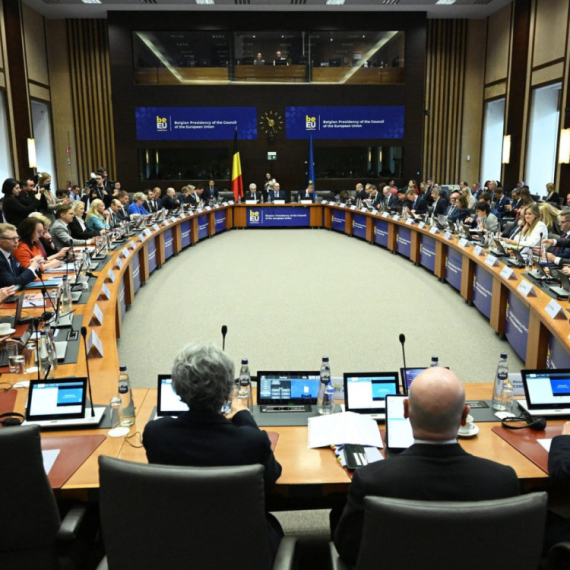
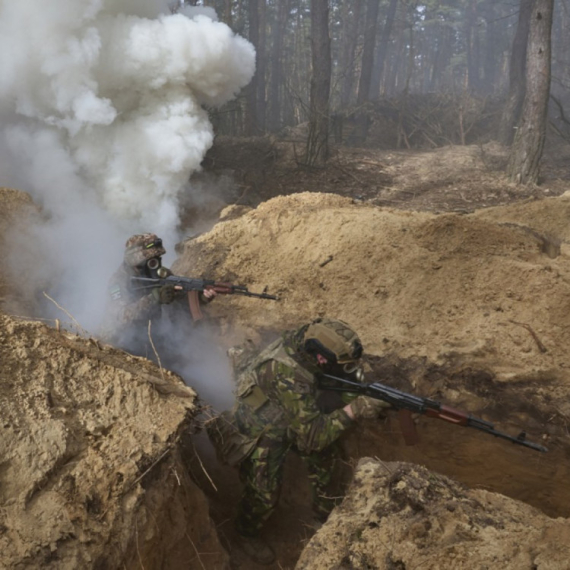
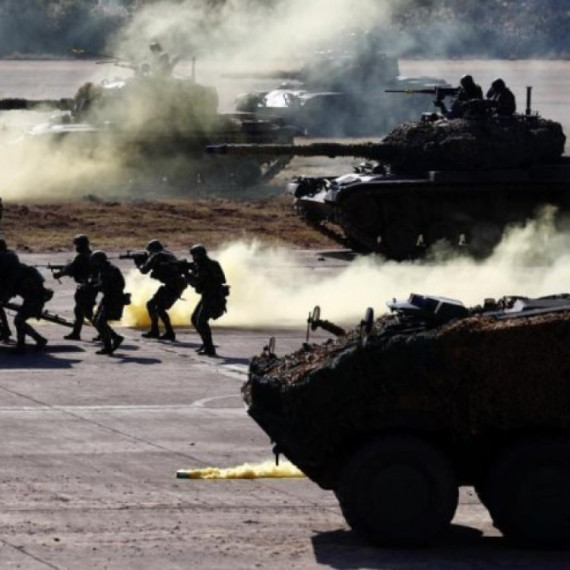










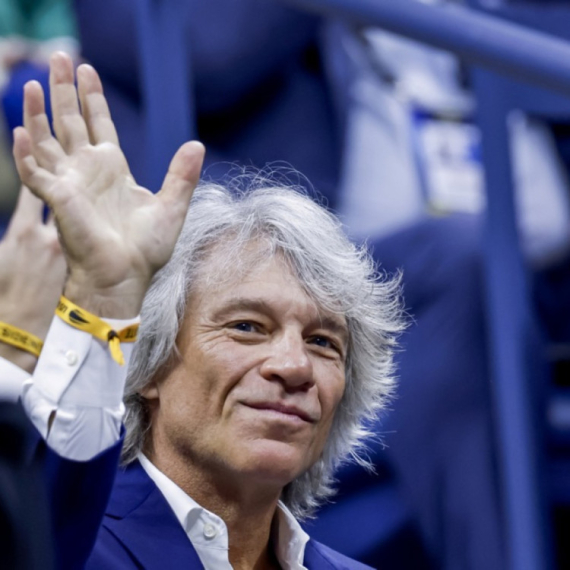





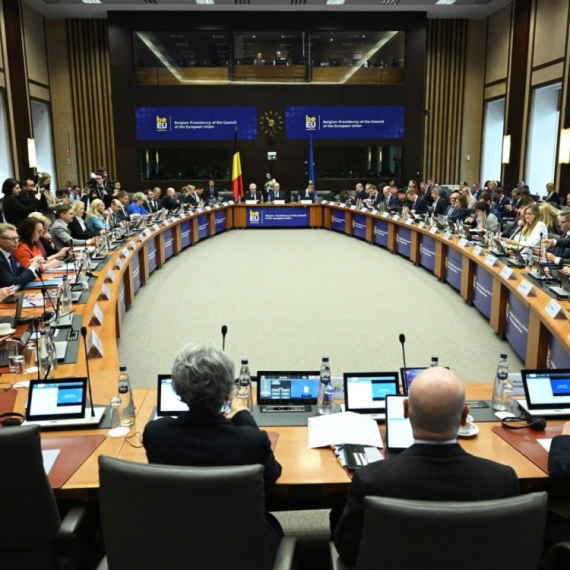
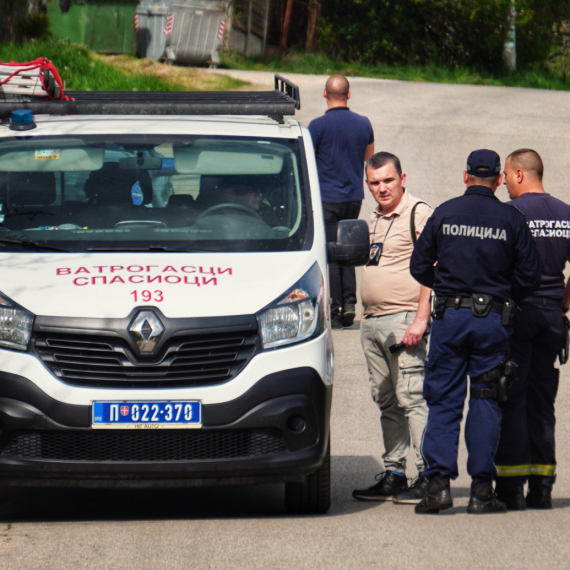
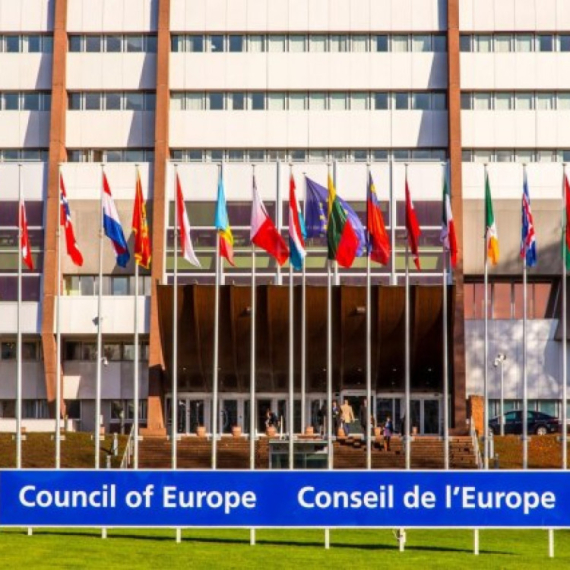














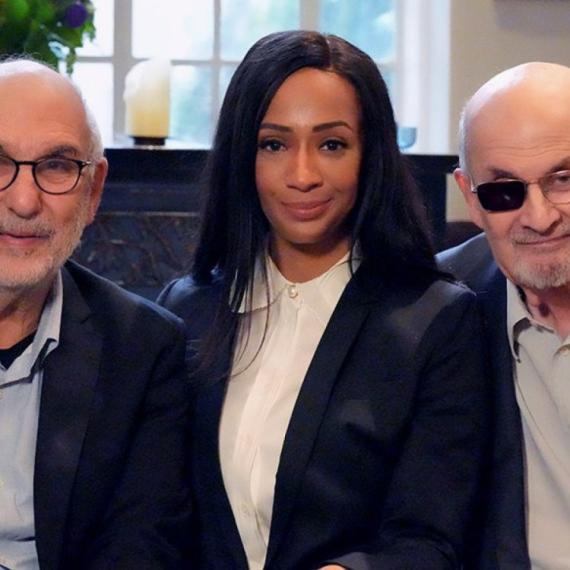
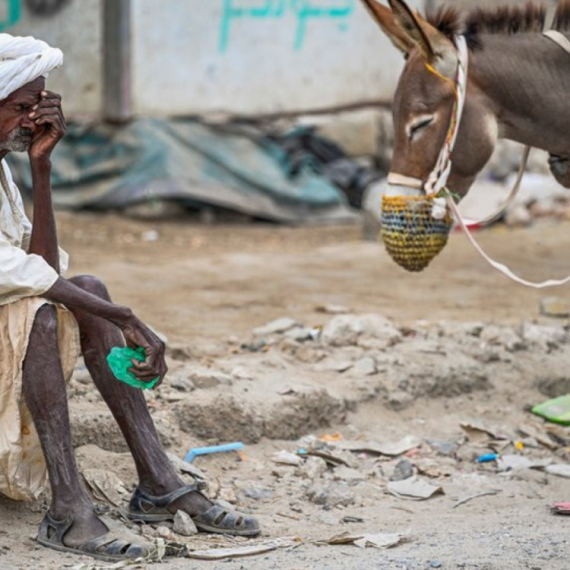
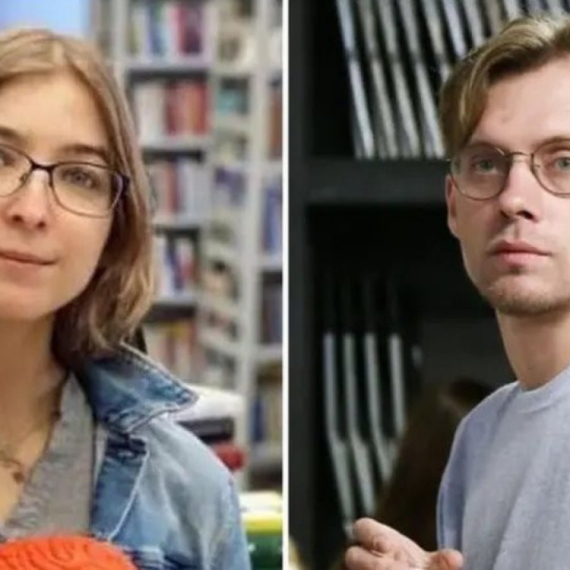

Komentari 51
Pogledaj komentare